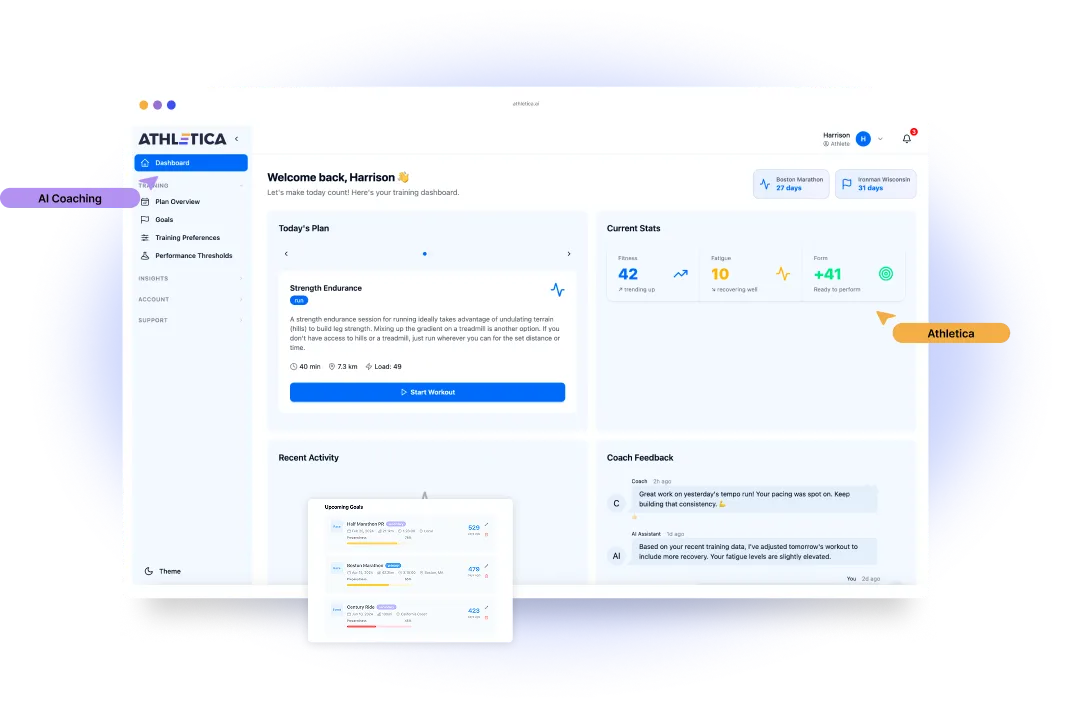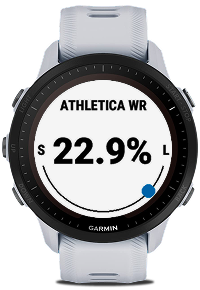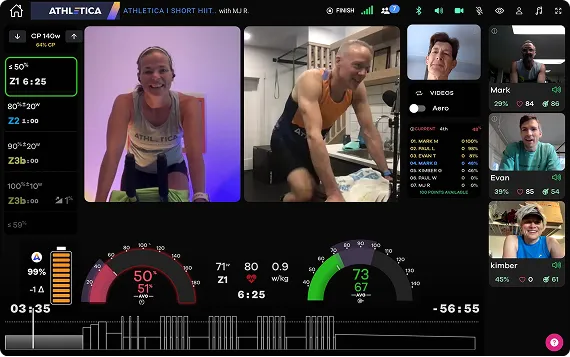Adaptive training plans that adjust to your fitness, fatigue, and schedule,
so you improve with confidence.



















.png)
Most platforms show numbers and expect you to figure it out. Athletica’s AI Coach thinks with you, understanding your training history, fitness, and fatigue. Ask a question. Get real, data-driven answers.
Miss a workout? Travel Day? Bad sleep? Athletica adapts - without blowing up your plan.Stay consistent, avoid burnout, and show up to race day knowing you did the right work.


.png)

Whether you're doing your first Ironman, first Gran Fondo, running your first 5K, or just want to stay active, Athletica gives you structure, flexibility, and results - powered by smart AI coaching.
Train on your terms, without guilt
Train around your life. Your plan adapts, so you stay consistent.
Built on real training science
Train like Olympians with cutting-edge, evidence-based coaching.
Never miss progress
One missed day won't ruin your week. Athletica recalculates intelligently, not aggressively.
Coaching your way
Self-coached with AI, or combined with your coach. Always in your control.
Train anywhere, anytime!
Wherever you are, Athletica delivers sessions that fit your reality.
Feel progress, not just the burn
Clear insights guide recovery and help prevent burnout.
From your First 5k to your strongest finish yet.
Personalized training logic that respects your sport’s demands and your capacity to recover.
Running
5km - Ultra
Triathlon
Sprint - Long Distance
Cycling
MTB, cyclocross, road cycling
Duathlon
Road or trail, no worries
Hyrox
First Timers - Elites
Rowing
Indoors or on-water


With Athletica, coaches spend less time buried in planning and more time doing what matters—coaching. Pair it with Velocity, and those moments come alive.
Workout live with real coaches, train with friends, or hit sessions on demand. Athletica keeps you motivated and on track—anytime, anywhere.
Focus on the Athlete, Not the Math. When you use Athletica alongside our partners at Velocity, we handle the complex calculations and monitoring so you can focus on leading.